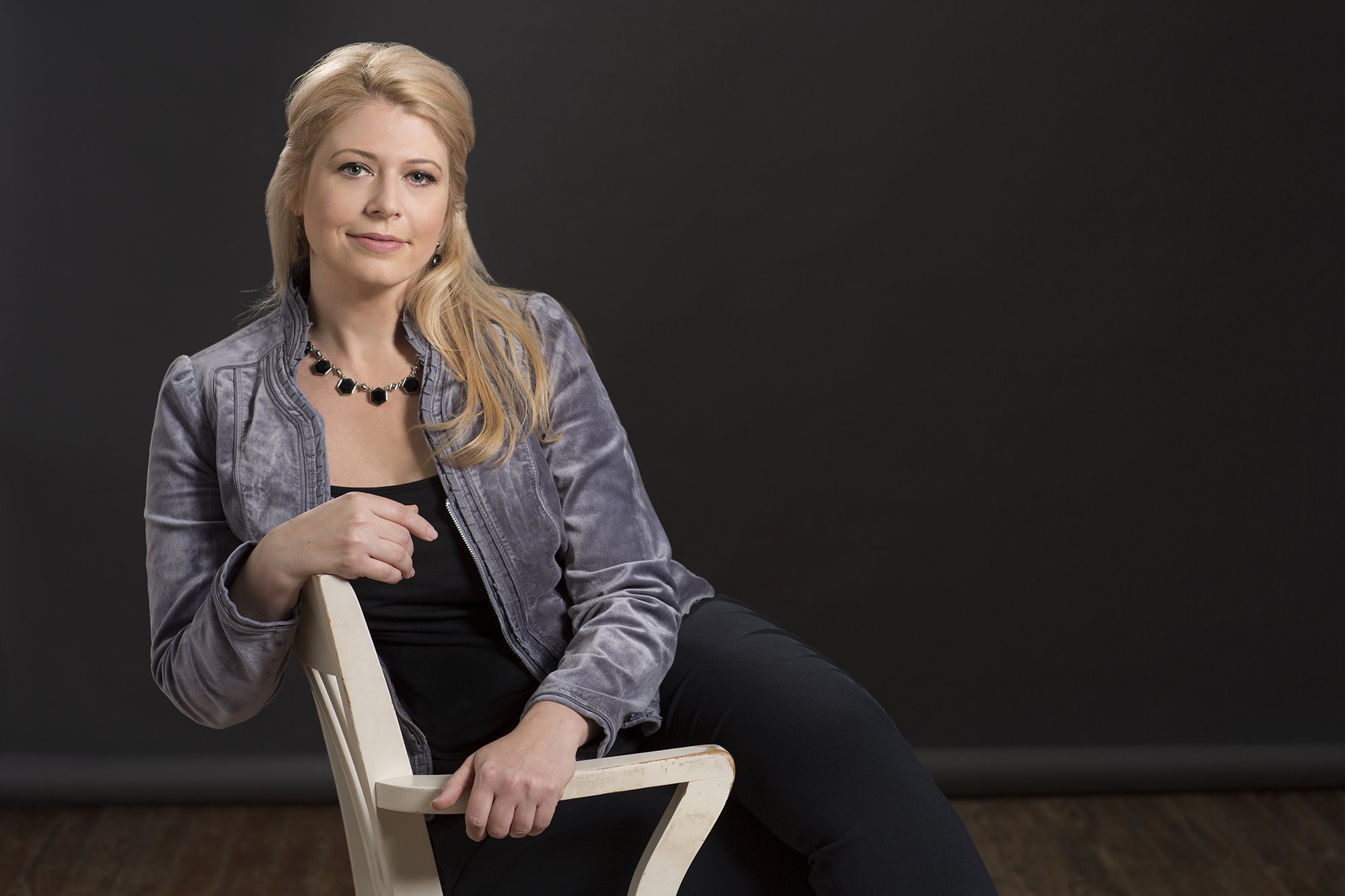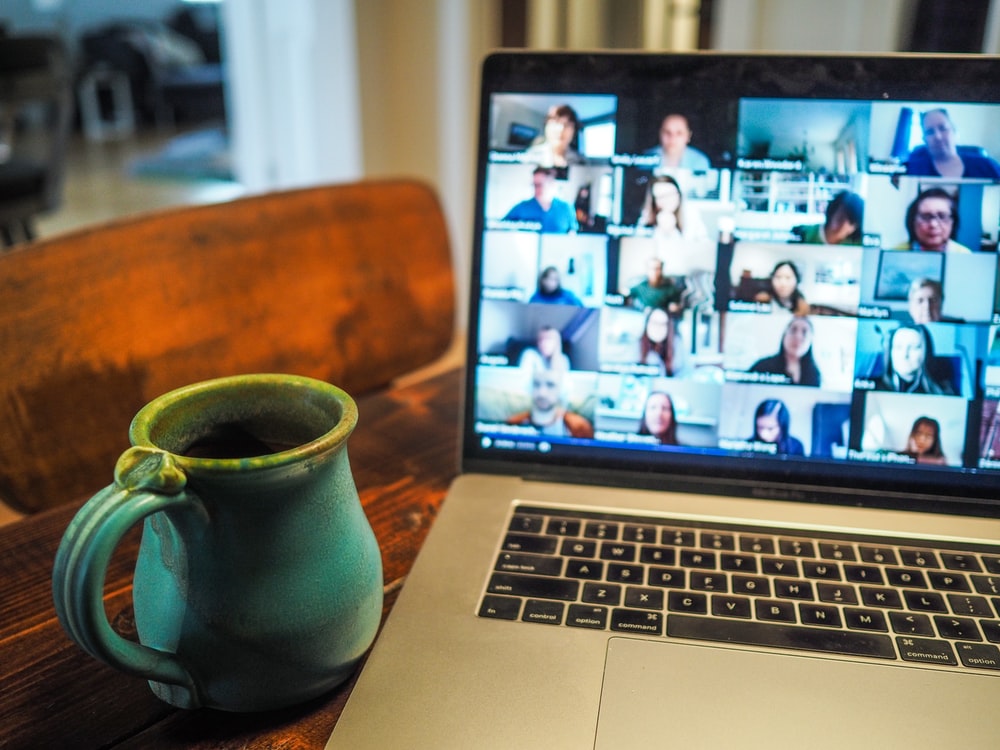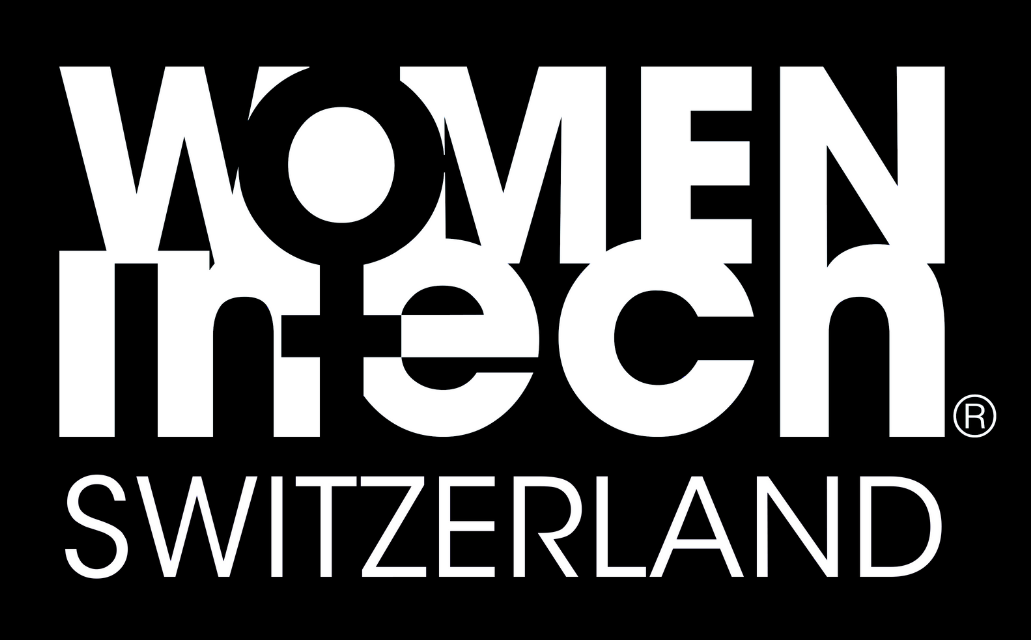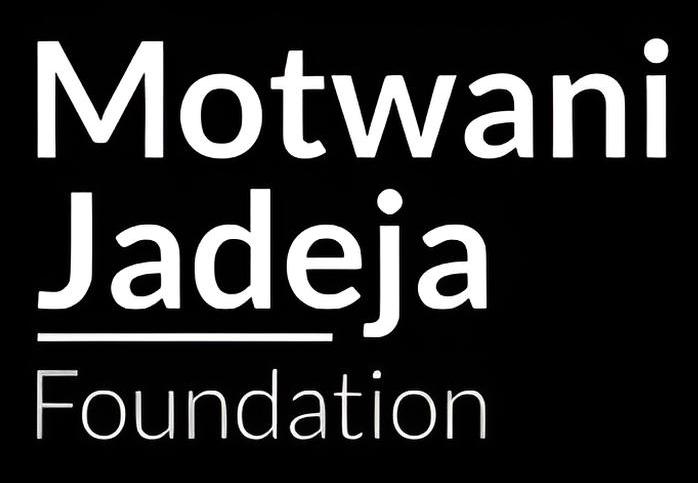Jann Cheifitz is the founder of, “Lucky Fish”, a line of both clothing and home furnishing located in Brooklyn, New York. Cheifitz’s line is inspired by her South African background and her passion for creativity. Since her college career in art school, Jann Cheifitz has been producing objects with her wised hands and articulate eye for artistry. Cheifitz describes producing her own objects and clothes as her, “way of life,”. She has surrounded herself in a life by art, so it was only natural she cultivated individual expression into her business.
Cheifitz started making clothing for her own children and avoided commercial products until she noticed that there was a spike in demand for her hand-made clothing. With the knowledge that other families would invest in her products, she started, “Lucky Fish”. When Cheifitz began her business she was aware of the fact that her idea to produce her own clothing line was infantile and therefore she faced the challenge of proving the legitimacy of her business. Nowadays, producing one’s own clothing is fairly common and popular due to website mediums such as, “Etsy”. Yet when Cheifitz was first establishing her business people thought she was “crazy,” as people would more commonly stick with commercial merchandise.
However these hurdles did not effect her, since before moving to the United States Cheifitz had worked amongst people who were very progressive and feminist, which provided her with the confidence she needed to create, “Lucky Fish”. While gender inequality and prejudice within business is very similar in South Africa and the United States, Cheifitz was able to find a safe space to work in which she was not affected by sexism or genderism. Now, with her own business in the U.S., Cheifitz continues to avoid sexism and gender inequality, by being her own boss. In fact, Cheifitz reports a very supportive customer base, which can most likely be attributed to the fact that her business primarily focuses on uplifting others, primarily: women and children. The focus of her business alone is beneficial and progressive because it prevents the inclusion of male-domination and sexism.
Having experienced working within a feminist-friendly environment, Cheifitz was able to gain a sense of confidence that pushed her towards entrepreneurship. Now Cheifitz recommends, “that women maintain perseverance when beginning their own businesses. Persistence is key”, claims Cheifitz, because she has known many women who have been talked out starting their own business, thus, it is important to, “remain in the game”, Cheifitz. Women make great entrepreneurs due to their versatility and ability to work in informal settings such as their homes, if need be. In addition, the female community within business can be strong and supportive, which helps women along their journey to entrepreneurship.
“Lucky Fish”, aims to encourage women towards a simple fundamental: the ability to make a business for themselves. This insight holds the notion that not all businesses must be about being the best, rather, they can be about the satisfaction that is fostered through autonomy. Cheifitz’s words of encouragement, as well as her advice, prove that any woman can have a space in which she can create, and run her business away from the mainstream sexism that exists in the corporate world.



































